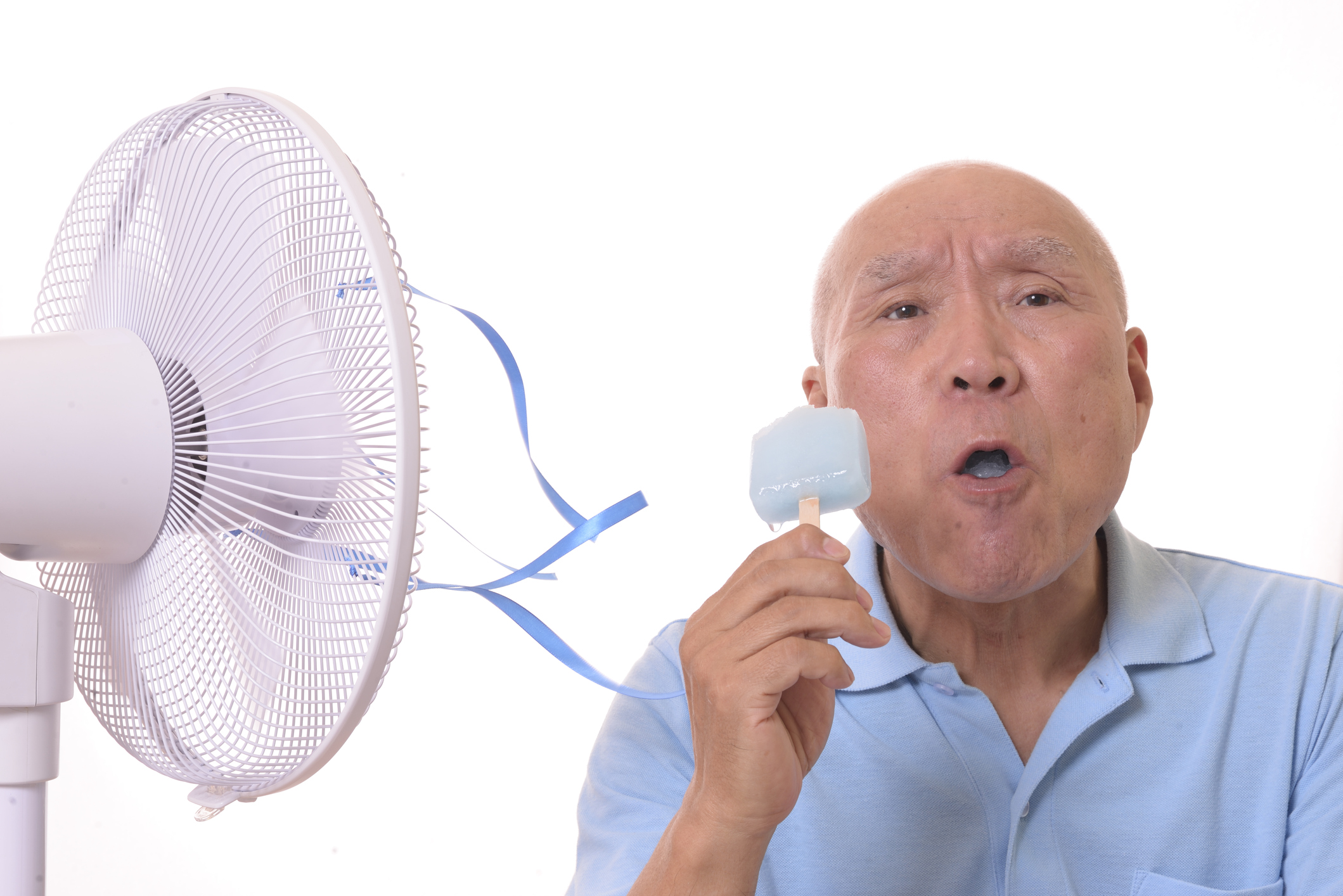Getting a good night’s sleep when you are overheated can be elusive, and during a heat wave, the cost of running the air conditioning constantly can add up quickly. Too much a/c can also pull all the humidity from the air, drying out sinuses, skin, and hair. There are some alternatives that can help hot sleepers get a good night’s sleep, even on very warm summer evenings.
Although sleep experts recommend a cool, quiet and dark environment to promote deep sleep, it may not be reasonable to keep bedroom temperatures as low as the ideal of between 60 to 68 degrees Fahrenheit. By keeping window blinds closed during daylight hours, the bedroom stays cooler, and if temperatures drop in the evening, opening windows at night to allow in a cool breeze and fresh air can make the room more comfortable.
According to a recent Washington Post report, although fans can improve airflow and help make you feel cooler, if indoor temperatures are in the 90s, fans won’t prevent heat-related illness. An electric fan can only move the air around, but not cool the air. A lightweight breathable quilt or blanket, or just a sheet, can also help prevent overheating at night while giving you something to cover up with as your body temperature decreases.
Taking a cold shower may sound like a good idea before bedtime to cool down, but don’t make it so cold your heart races. Leaving your hair and skin damp can help make you feel cooler, as can placing a cool washcloth on your forehead, hands or feet where the most heat is lost. If the lower level of your home is cooler in the summer, changing your sleep arrangement for the warmer months can also provide relief.
As always, practicing good sleep hygiene can also help promote a restful night’s rest. The sleeping environment should be dark, quiet, and as cool as possible. Preparing for bedtime by unplugging devices an hour before sleep, and winding down with a good book or some music can help prepare the body for rest. Avoid caffeine later in the day and skip the boozy beverages which can interrupt normal sleep phases as the body metabolizes the alcohol. Because alcohol is a muscle relaxant, drinking can worsen sleep apnea and snoring. Try taking a two-week hiatus from drinking and see if you wake more rested with fewer nighttime sleep disruptions.






Add Your Voice
0 Comments
Join the Discussion